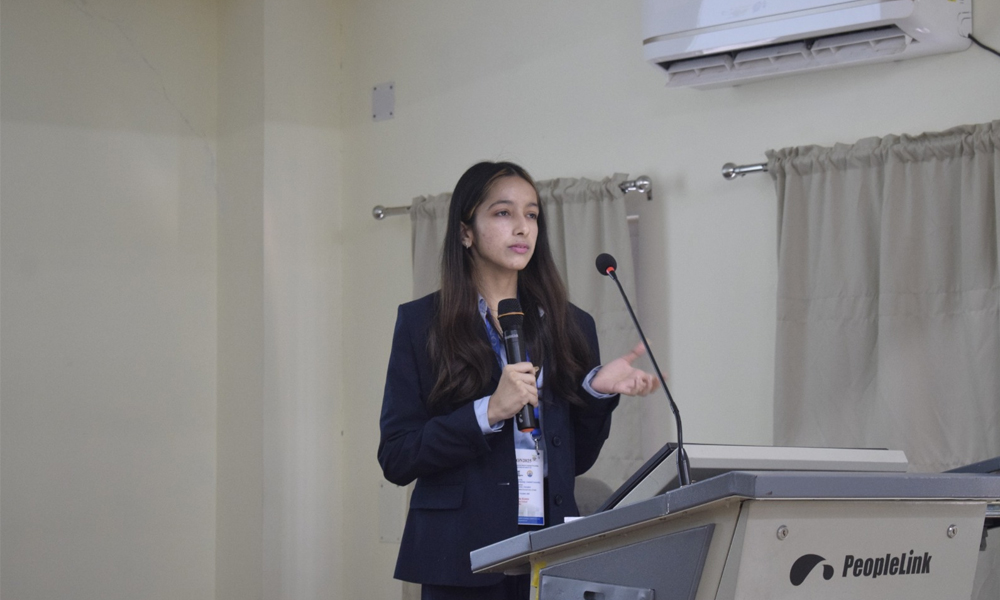According to the research, PM2.5 concentrations in New Delhi increased by 14.6 percent in 2021, climbing to 96.4 micrograms per cubic metre from 84 micrograms per cubic metre in 2020 making it the most polluted capital of the world.
Digital Desk: According to a new assessment, Delhi was judged to be the most polluted capital in the world for the fourth consecutive year in 2021, and 35 of the 50 places with the poorest air quality were in India. According to the World Air Quality Report 2021, compiled by Swiss company IQAir and issued internationally on Tuesday, none of the cities in India exceeded the stipulated World Health Organization air quality requirements of 5 micrograms per cubic metre in 2021. The report, which provides an overview of global air quality in 2021, is based on PM 2.5 air quality data from 6,475 cities across 117 nations. The report mentioned that Dhaka ranked second among the most polluted capital cities after Delhi, followed by N'Djamena in Chad, Dushanbe in Tajikistan, and Muscat in Oman. According to the research, PM2.5 concentrations in New Delhi increased by 14.6 percent in 2021, climbing to 96.4 micrograms per cubic metre from 84 micrograms per cubic metre in 2020 making it the most polluted capital of the world. Also Read: Two-month-old baby girl found dead inside microwave oven in South Delhi "India also continues to feature prominently among the most polluted cities with 35 of the top 50 most polluted cities being in this country. India's annual average PM2.5 levels reached 58.1 μg/m3 in 2021, ending a three-year trend of improving air quality." It stated, "India's annual PM2.5 averages have returned to pre-quarantine concentrations as measured in 2019. Alarmingly, in 2021, none of the Indian cities met the prescribed WHO standards of 5 μg/m3." The report also revealed that 48 percent of Indian cities exceeded 50 μg/m3 air quality level which is well over 10 times the WHO guidelines. Avinash Chanchal, Campaign Manager of Greenpeace India, commented on IQAir's new findings, saying the research is a wake-up call for governments and companies. "It emphasises once more that people are breathing dangerously contaminated air. Vehicle emissions are a significant contribution to urban PM2.5 concentrations. "With yearly vehicle sales in India likely to rise, it would undoubtedly have an impact on air quality if remedial measures are not implemented in a timely manner," Chanchal added. He said that air pollution has a huge influence on human health and is a crucial signal of the looming climate disaster. He advocated for the use of cleaner fuels as well as the promotion of renewable energy for transportation. "The good news is that we don't need to invest in research to solve the air pollution challenge." We are aware of the answer, and it is easily available. The combustion of fuels produces PM air pollution, which is a key contributor to the climate issue. "It is past time for governments to support renewable energy for transportation and to provide infrastructure that favours cycling, public transportation, and pedestrians," he added. On a worldwide scale, the analysis indicates that just 3% of cities and no single nation fulfilled the most recent WHO PM2.5 yearly air quality recommendations.





















